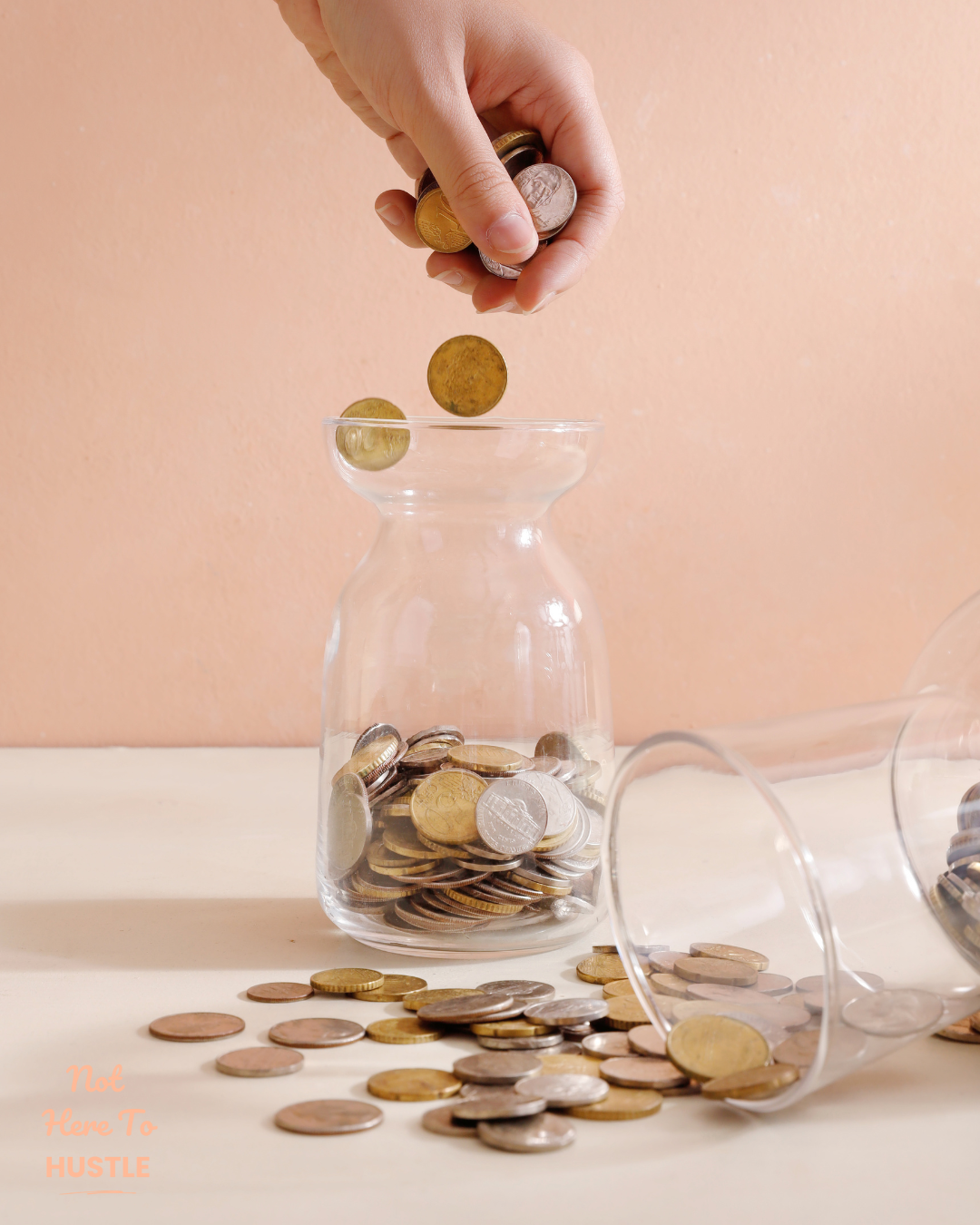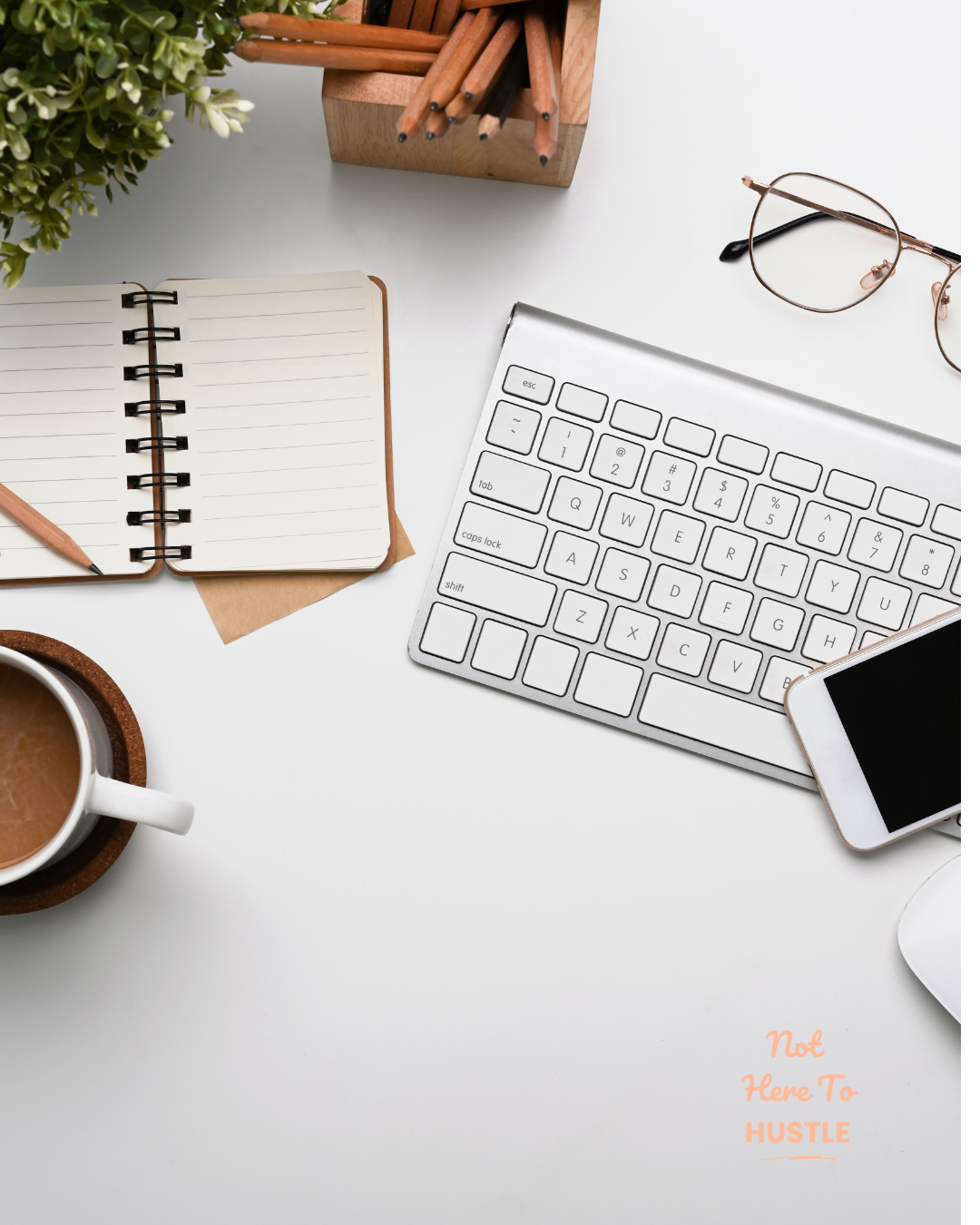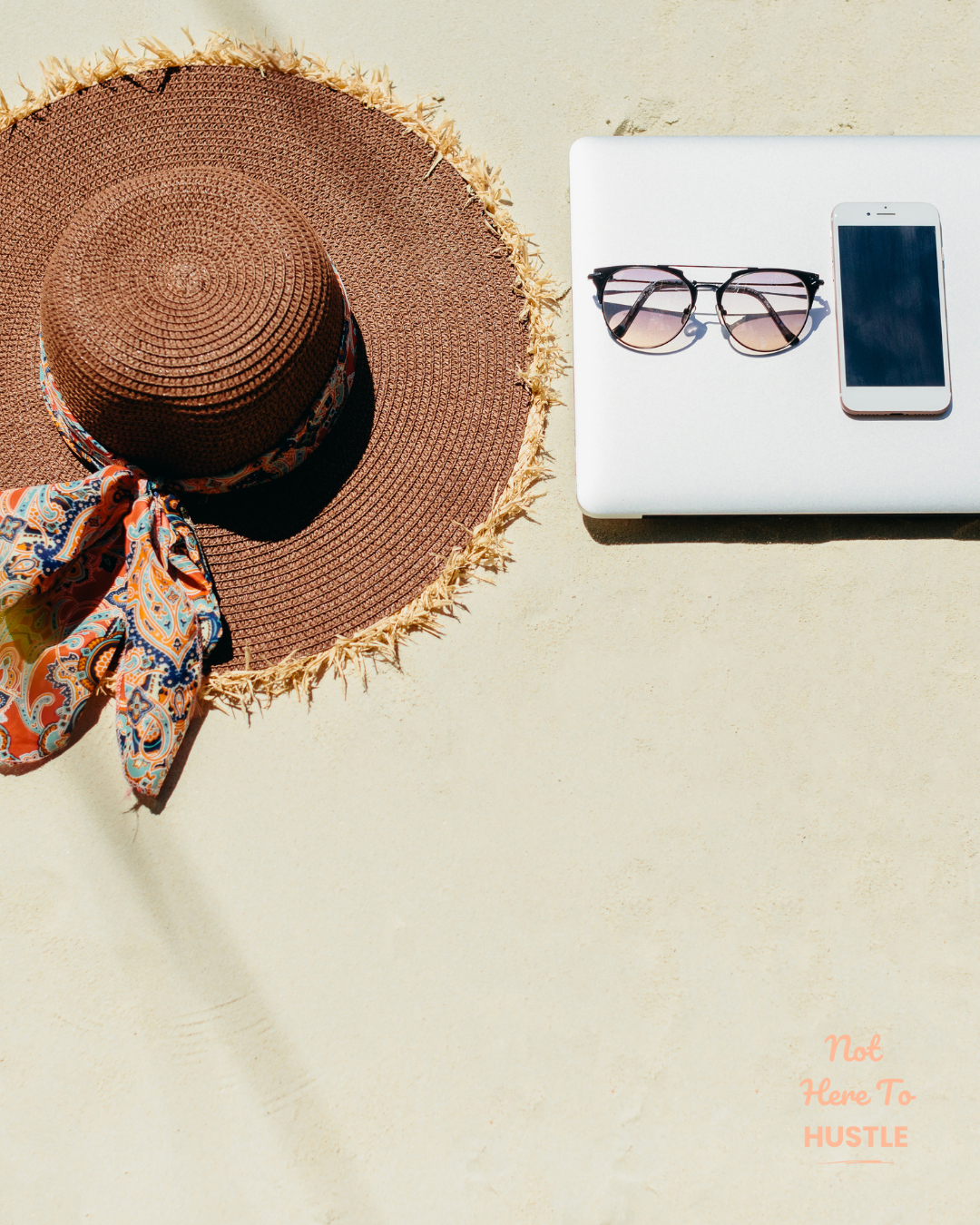
Budgeting Doesn’t Have to Feel Like Punishment
The word budget has the same energy as the word diet. Restrictive. Joyless. Something you ‘should’ do but would rather not.
Most of us hear ‘budget’ and picture spreadsheets and someone telling us to stop buying coffee because ‘that’s why you can’t afford a house.’ (Spoiler: unless you’re buying 3000 coffees a day, it’s not the coffee).
No wonder so many people avoid budgeting altogether. It feels like punishment - a constant reminder of what you can’t have, where you’ve ‘failed’, and why you’re apparently not adulting properly.
But here’s the thing: budgeting doesn’t have to feel like a financial prison sentence. Done differently, it can actually be freeing. Less about guilt, more about clarity. Less about ‘don’t spend’, more about ‘spend on what matters’.

Why Productivity Hacks Can Help (And Hurt) Your Productivity
If you’ve ever tried waking up at 5am, journaling, meditating, taking a freezing shower and squeezing in ‘deep work’ before breakfast - only to feel ready for a nap by 10am - then you’ve probably discovered the strange world of productivity hacks.
They’re everywhere: Pomodoro timers, colour-coded to-do lists, habit trackers, ‘eat the frog’ mornings. The promise is simple: if you do them, you’ll get more done in less time and feel amazing while doing it.
And sometimes, they do help. A well-placed timer can help you focus. Breaking a big task into chunks can make it feel manageable. Research in Cognition (2019) shows that structured routines can reduce procrastination and help with follow-through.
But here’s the catch: the very hacks meant to make us productive can also backfire - adding stress, decision fatigue and ironically, making us less effective.

The High Cost of Chasing “Passive Income”
Everyone online is obsessed with passive income. According to Instagram, if you’re not waking up to £10k magically appearing in your account while you sip coffee on a balcony in Bali, you’re basically doing life wrong.
And sure, the dream is seductive: money that flows in while you sleep, freedom from the 9–5, never having to hear “per my last email” again. Who wouldn’t want that?
But here’s the problem: most “passive income” isn’t actually passive. It’s often expensive, exhausting, and ironically, the very opposite of financial freedom.

Low Stress Ways to Save Money
Everyone online seems to have a PhD in financial advice.
“Track every penny!” “Cut your daily latte!” “Start a side hustle, then another, then another…”
If you’ve ever felt like managing money is basically a second job, welcome. You’re my people.
I’ve been through burnout - the proper kind, where even choosing dinner feels like climbing Everest. And one of the sneakiest reasons I got there was money stress. Not just the bills themselves, but the relentless pressure to do more, earn more, hustle more.

Why Hustle Culture Is Making Us Broke and Burnt Out
Hustle culture sells a seductive story: work harder now and you’ll be free later. It suggests that success is just on the other side of exhaustion. In the early stages, it can even feel good. A side hustle brings novelty, a sense of agency, and sometimes a little extra money to ease the bills. For a while, it feels like you’re beating the system.
But what starts as exciting quickly turns into overwhelming. That fun project becomes another deadline. That extra cash comes at the expense of your rest. And soon, the freedom you were chasing feels further away than ever.